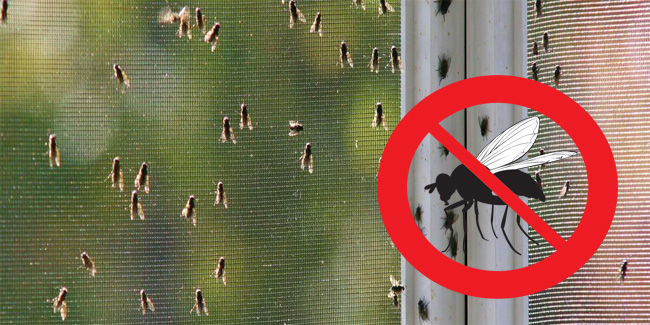
Flies can be a nuisance when buzzing around your premise, particularly if in large numbers. However, some species of fly also pose health risks to humans. House flies transmit a wide range of diseases including salmonella, dysentery, tuberculosis, cholera and parasitic worms. In India, there is a high risk of disease transmission through flies. During emergency situations, when hygiene conditions are less than optimal, flies often are the main reason for cholera and dysentery epidemics. But even under normal conditions, children and elderly are at a greater risk of conducting more common diseases such as salmonella food poisoning from fly contaminated food.
Flies spread diseases because of their breeding and feeding habits. Bacteria from where the fly usually feed on would get stuck on their mouth parts and footpads eventually spreading onto places they land on. Imagine if it’s exposed food that you are about to eat.
House flies are covered with small hairs that serve as taste organs. Their compound eyes are extremely complex: thousands of individual lenses allow them a wide field of vision.House flies are major carriers of disease. They are known to transfer over 100 pathogens resulting in ailments, including typhoid, tuberculosis, cholera and dysentery. House flies collect these pathogens on their legs and mouths when feeding on feces, trash and other decaying material